Affiliate links on Android Authority may earn us a commission. Learn more.
Can your ISP see your browsing history? Here's what you need to know.
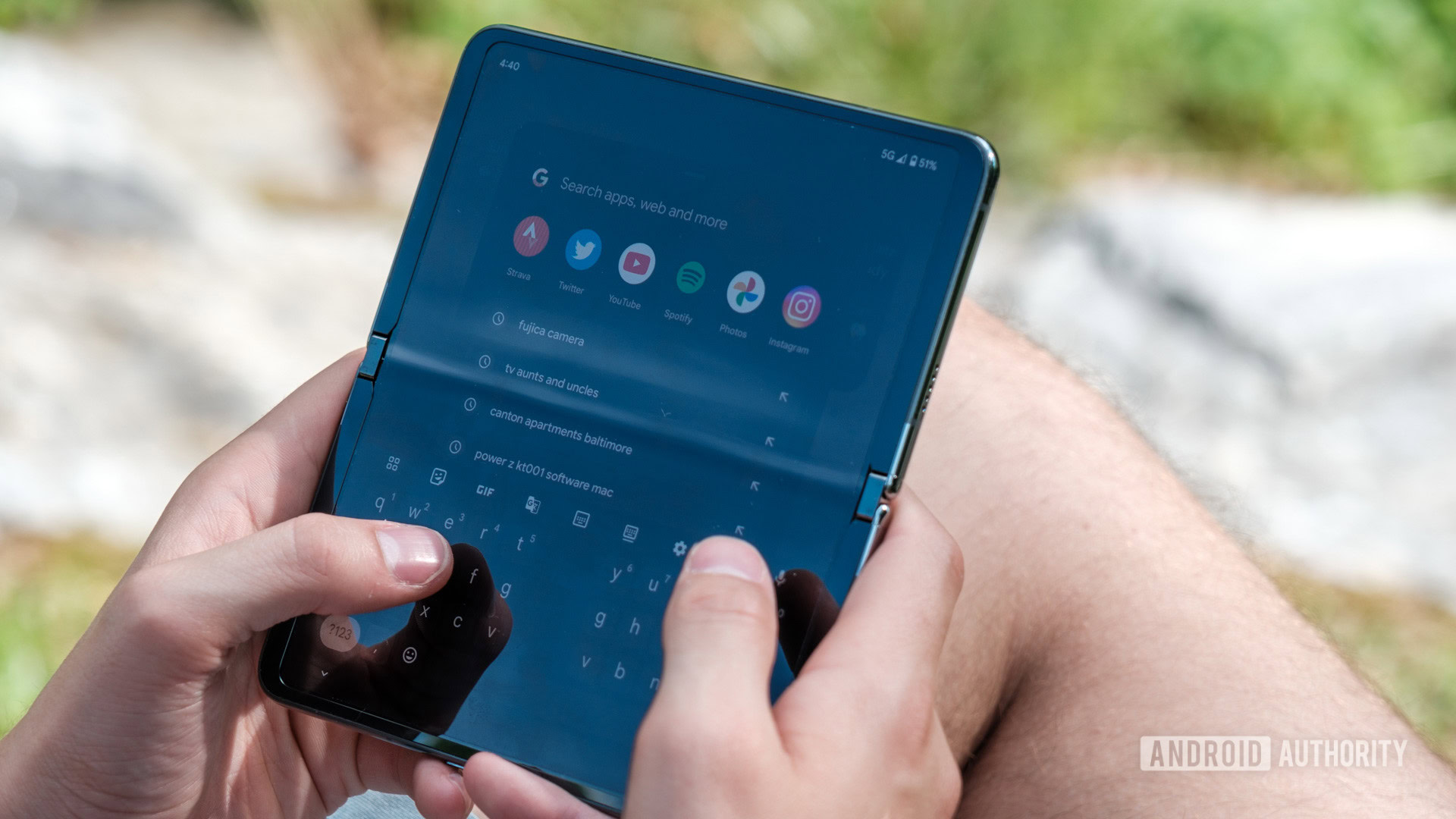
In our current age of connectivity, online privacy has become paramount. If almost everything you do has some sort of connection to the internet, how can you control what other people know about you? If you aren’t aware already, it’s time to learn about ISP tracking, government spying, and how to protect yourself.
You might not think your privacy is that big of a deal. A common excuse is, “I’m not doing anything wrong, so I don’t need to care.” However, this isn’t the best way of thinking about things. Privacy doesn’t just protect people who are doing illegal activities. For example, when you are using the toilet, you aren’t doing anything illegal. But do you really want a video of it put online for everyone to see? Probably not, because you value your privacy!
In this article, we’re going to give you a quick primer on internet privacy and security. We’re going to focus on ISP tracking and, most importantly, how to prevent your internet service provider from tracking you.
Can the government really see everything you do online?
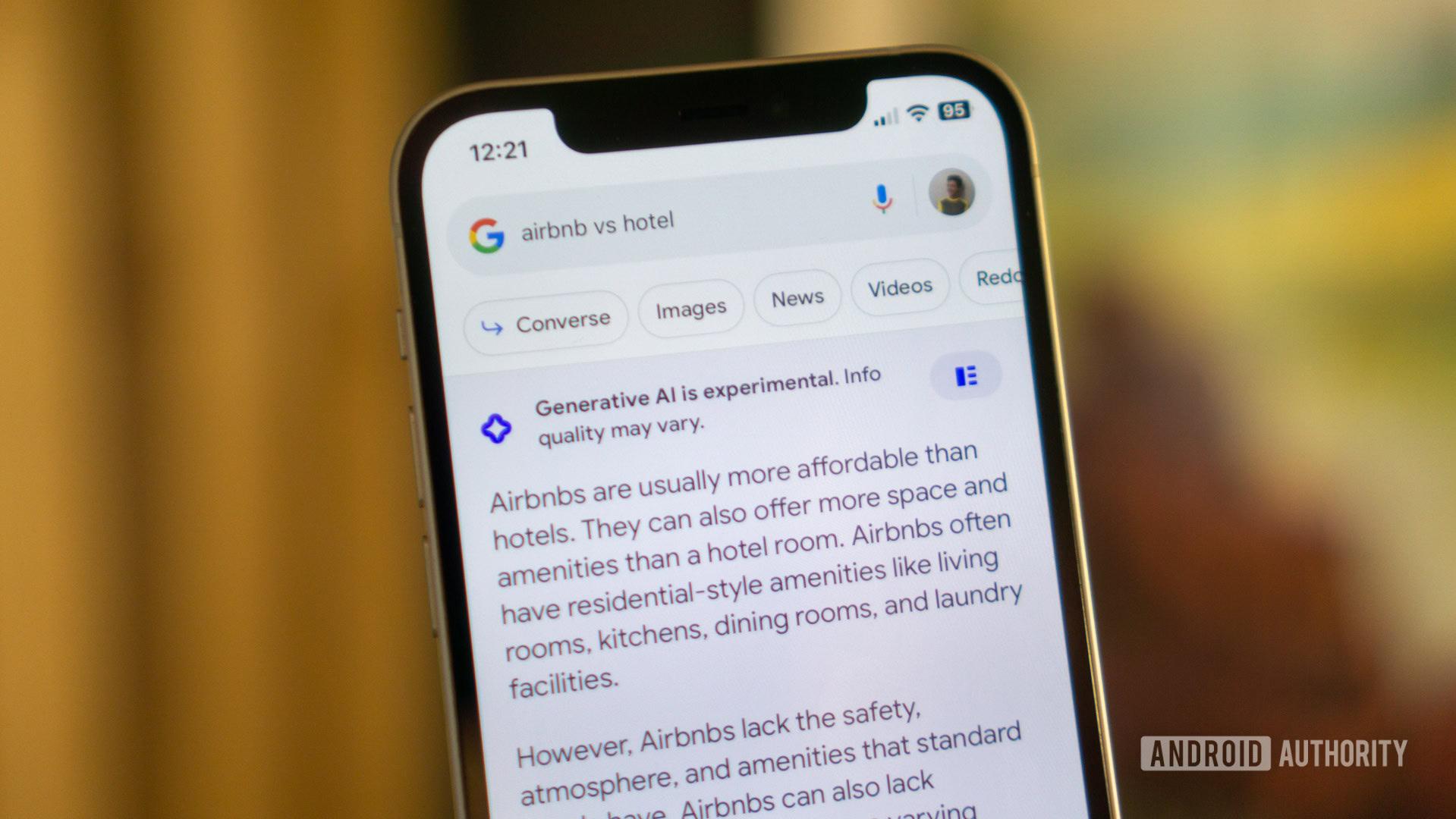
Believe it or not, there isn’t a “yes” or “no” answer to this question. Some people in the United States might think the government is actively spying on everyone. There’s a conception that a team of FBI agents is assigned to you, specifically, and watching everything you do online.
In the US, though, this is almost assuredly not the case for the average person. However, even if the government isn’t actively monitoring your internet habits, there is very little stopping it from getting that information.
It is nearly certain that there isn't a government employee directly monitoring you, specifically. That's because the government doesn't need to.
By this, we mean that it is very easy for a government agency — including the police — to obtain a report of your internet usage. All the officials need to do is ask your internet service provider (ISP) for the data. In the US, they don’t even need a warrant to do this.
Your ISP is often bound by law to provide any and all information to the government when it’s requested. In the fine print of your service contract with your ISP, you’ll find wording that discloses this practice.
In essence, there isn’t a team of FBI agents watching your every online interaction because it’s not necessary. Your ISP is already doing all the work. All it takes is an official request, and boom: the government has all the information on you it needs.
Can your internet service provider see what you do online?

Unless you have taken steps to prevent it, your ISP is tracking pretty much everything you do online. That means it can see your internet searches, the websites you’ve visited, what you’ve downloaded, etc., at any time.
Depending on where you are in the world, your ISP is likely bound by law to retain this data on you for a specific period of time. Not only that, but it’s highly likely your ISP is profiting off your data by selling it to advertisers, similar to how Google operates with its own data tracking.
Not only is your ISP tracking your data, but it is likely bound by law to do so!
Your ISP also flags specific activities on your devices. For example, if you download a ton of new games to your gaming console, your ISP will notice that you are downloading hundreds of gigabytes of data. It wants to know this so it can throttle your data if necessary (if you have unlimited data) or limit your data if you have a capped plan.
That’s not all your ISP looks for, though. It also will track and flag “suspect” activities, such as downloading P2P torrents or visiting websites that focus on explicitly illegal content (drug or firearm sales, terrorism, human trafficking, etc.). In the case of torrents, major publishers can request this information and then ask your ISP to reprimand you for downloading copyrighted content illegally.
The bottom line here is that ISP tracking is happening on every connected device you own. Thankfully, you can prevent it if you wish.
How to prevent your ISP from tracking you
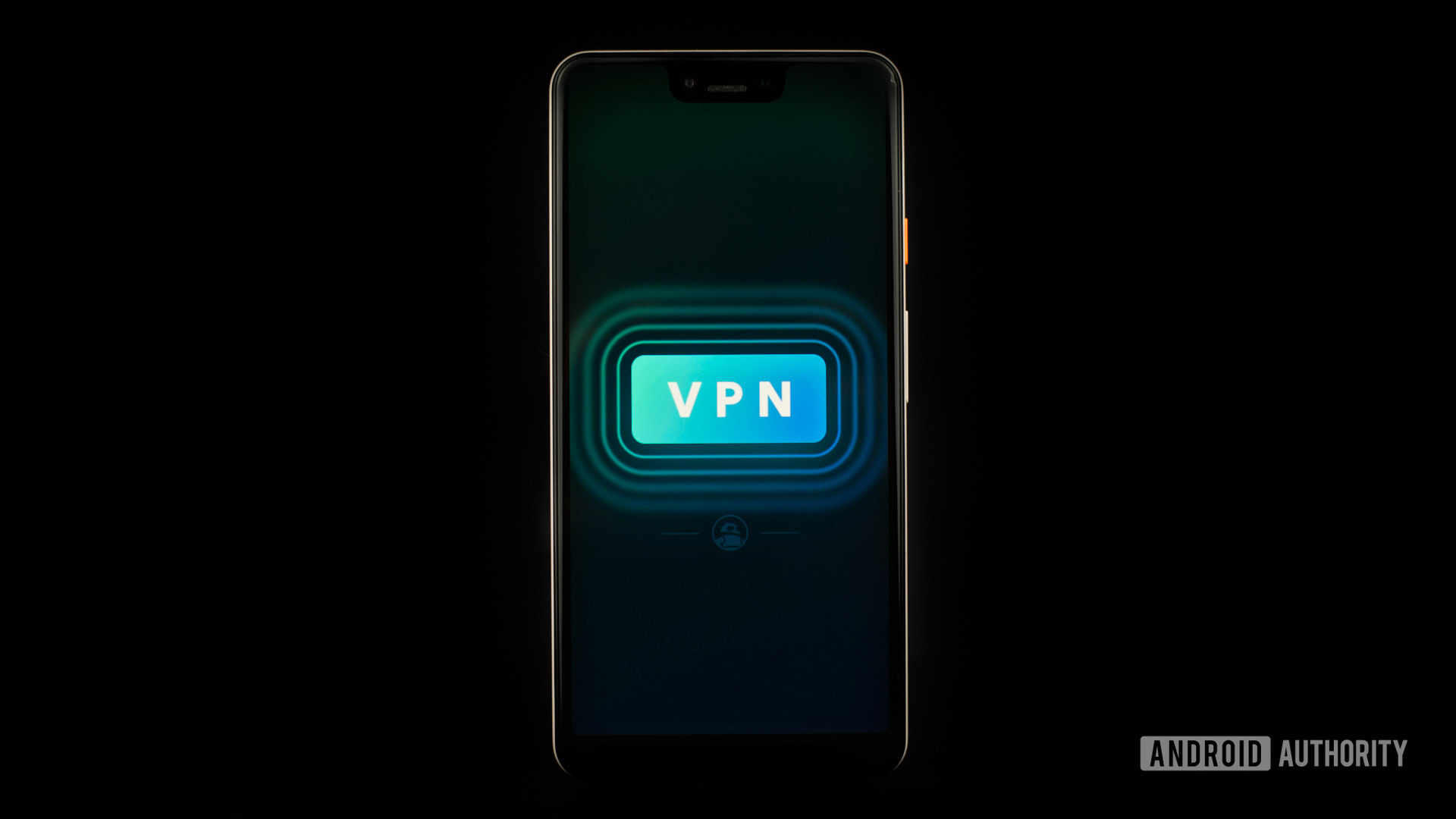
The easiest way to prevent your internet service provider from logging your online data is to use a virtual private network (VPN). A VPN encrypts your data by bouncing it to different servers. Now, this doesn’t prevent your ISP from seeing the data; it just prevents it from knowing what it means. Instead of logging that you visited AndroidAuthority.com, for example, it will see a string of symbols that seem like gibberish.
On top of this, any government agency that wants to see your data will also see nothing but gibberish. If you’re using a high-quality VPN, there is almost no chance that the government could decrypt this data.
Of course, the government could then go to your VPN provider and try to get the data from there, ignoring your ISP tracking data. Since VPNs are not bound by the same laws as ISPs, though, there isn’t a rule that the VPN service needs to retain your data. A good VPN service will have a “no logging” policy, which means your data is never saved — which means the government can’t get it.
The only major downside to using a VPN is that it will invariably cost you money to get a good service. There are free VPNs out there, but they are usually slow, and most won’t have strict no-logging policies. To get the most security and convenience you can, a paid VPN is what you need.
We have a whole article about the best VPNs you can get at the moment as well as a beginner’s guide to using one. We highly recommend giving those a read!
What about encrypted browsers, such as Tor?
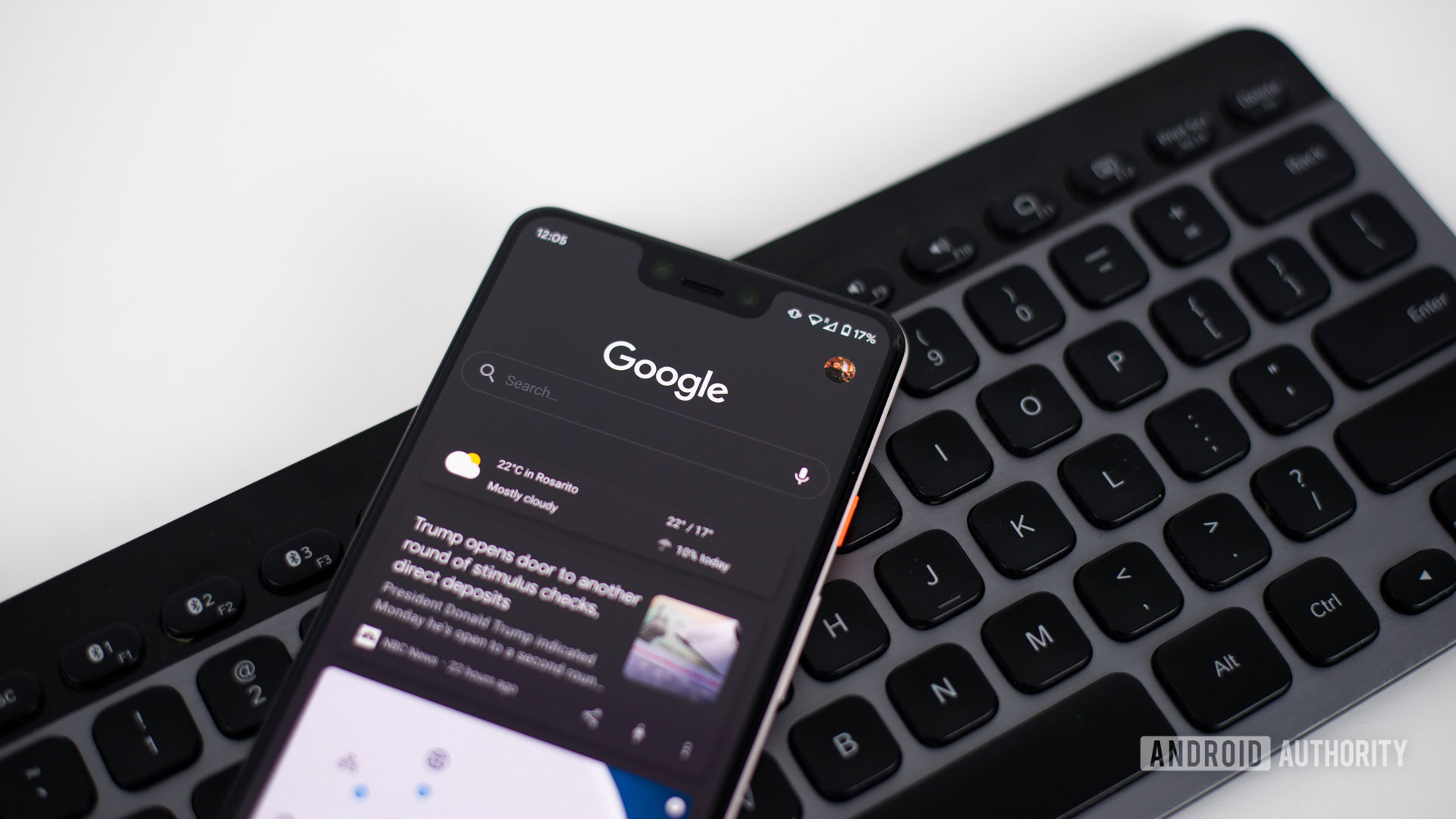
Encrypted browsers are also a pretty good way of keeping your internet data private. Most of these browsers — including the most popular product, Tor — mimic a VPN by bouncing your data around multiple nodes, which are actually the computers of other users.
The idea is the same here: a government agency requests the data logged through ISP tracking, and the ISP can only produce gibberish. However, in this case, there is no VPN service, so there is nowhere for the agency to turn to request the data.
Since Tor is free, you might think that this is better than a VPN. However, there are two very important factors to note. The first is that the “exit relay,” or the last user node your data travels through, is not encrypted with Tor. This means that somewhere out there on the internet, your data still exists. Obviously, it would be incredibly difficult for anyone to find it and match it to you, but it is not impossible.
The second reason Tor isn’t better than a VPN is that it’s only a browser. If you are doing something on the internet that’s not through a browser — such as through an app on your phone — that activity might not be encrypted.
What about using both? Interestingly, this is not advisable. The reason for this is that now you have two leakages of data: the data your VPN tracks and the output node of Tor. While a VPN with a no-logging policy seems foolproof, having your data go through two services doubles the chances of it being found.
In general, we suggest using private browsers such as Tor for specific activities only. A premium VPN with a strict no-logging policy is the best all-around solution for the average user.
ISP tracking: You don’t need to comply
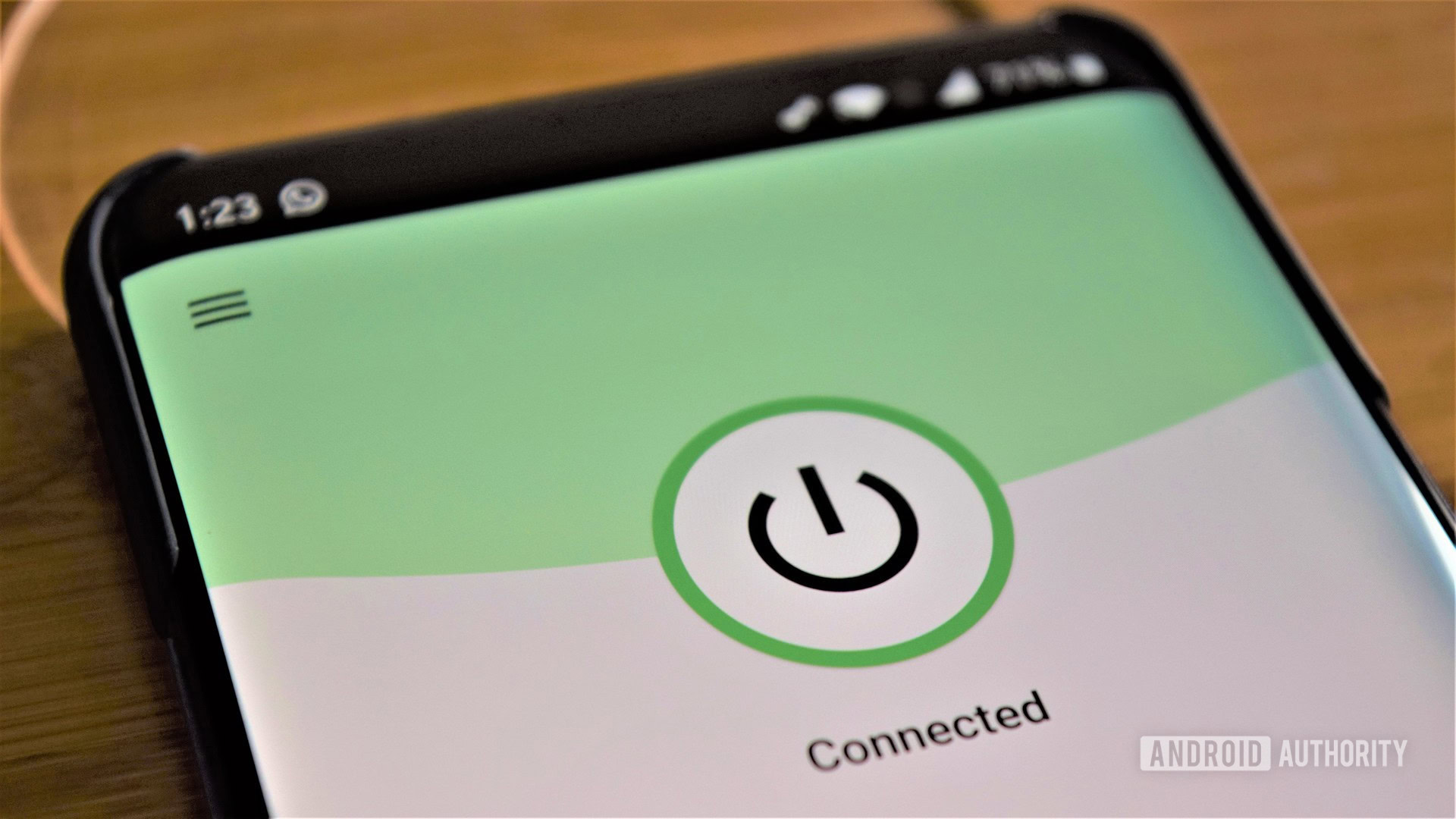
As a final note, we want to make sure something is perfectly clear: using a VPN or a private browser is not illegal in the United States (at least not yet). Other countries might have different laws, obviously. But here in the US, you can use a VPN at any time for anything.
Some folks have a VPN permanently turned on within their router, encrypting any and all data in their homes. Others only turn a VPN on when they are searching for or downloading sensitive content on their phone or laptop. Whatever option you choose, there is nothing illegal about doing it.
If you want to learn more about the technical side of VPNs, visit our in-depth explainer article.